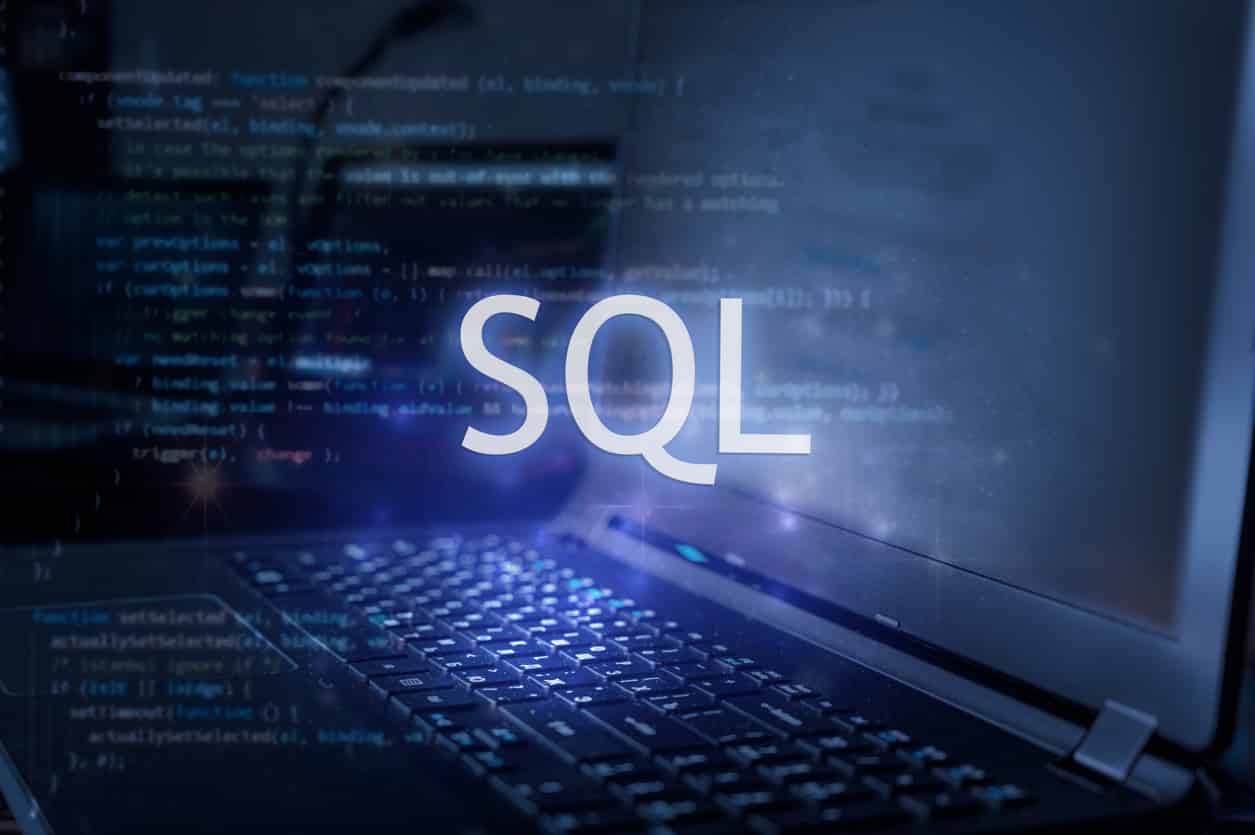The roles in the domain of Data Science are ever-expanding. The Harvard Business Review has branded ‘Data Scientist’ as the sexiest job of the 21st century. Although, there are a variety of job roles that you can pick to build your career if you are planning to grow in the fields of data science.
To progress in your data science career, you must analyze different career paths, go through different courses to upskill, and choose the best-suited role as per your skills and interests.
You can check out various Data Science courses by McCombs School of Business at the University of Texas at Austin and MIT, offered in collaboration with Great Learning, where you get to learn from award-winning professors and industry experts through online mentorship sessions and 24×7 dedicated program support. These courses are also curated in Data science for beginners.
Now, let’s have a look at the various data science roles more closely.
Job Roles in Data Science
1. Data Analyst
The day-to-day tasks for a data analyst include data visualization, data manipulation, processing massive amounts of data, and performing queries on the databases from time to time. Another relevant skill to have for a data analyst is that of optimization since they have to build a lot of predictive models and machine learning algorithms.
Responsibilities of a Data Analyst include:
- Data Extraction via automated tools from various primary and secondary sources
- Data analysis and forecasting
- Creating and maintaining databases
- Process structured and unstructured data
- Clean, integrate and store the data
- Build and implement database and data collection systems
2. Data Engineers
Data Engineers form a core aspect of the data analytics team. They are responsible for overseeing, monitoring, optimizing, and managing data and data ecosystems. They build scalable Big Data ecosystems so that the data scientists get stable and highly optimized systems to work on.
Responsibilities of a Data Engineer include:
- Perform primary and secondary research
- Oversee, monitor, manage and optimize data
- Design and manage data management systems
- Develop data set processes
- Deploy algorithms, machine learning, and statistical methods for identifying patterns or forecasting trends
- Report analysis to involved stakeholders
3. Data Scientist
A Data Scientist is someone who acts as a bridge between data processes and business challenges. The ultimate goal of a data scientist is to understand and solve business problems with the best solutions using various processes, methods, algorithms, and systems.
Responsibilities of a Data Scientist include:
- Gather and analyze large amounts of structured and unstructured data and its sources
- Use data science techniques and tools to improvise processes
- Visualize data with help of various tools and techniques
- Create end to end solutions from data collection to data presentation
- Collaborate and work with various business teams to address challenges and provide solutions
Also Read: Data Scientist Salary Trends (Updated)
4. Data Architect
A data architect is a person who creates the roadmap of the data strategy for the organization, including blueprints for data management, establishing standards of data quality, and security of data. They are also responsible to ensure that the data engineers are having top-notch tools and systems to work on.
Responsibilities of a Data Architect include:
- Developing and implementing data strategy including data model designs, database development standards, management of data analytics, and data warehouse systems.
- Identification of data sources
- Planning, executing, and managing end to end data architecture
- Maintaining databases and architectures
- Collaborate with cross-functional teams for smooth functioning of database systems
- Audit data management systems regularly
- Ensuring data accessibility, security, and accuracy
5. Data and Analytics Manager
The basic responsibility of a Data Analytics Manager is to ensure smooth operations across the data science teams and provide directions to data analysts. They are involved in building the team, take hiring decisions and allocate analysts to responsibilities matching their skillsets.
Responsibilities of a Data and Analytics Manager include:
- Develop data analysis strategies
- Lead team in building systems and processes to convert raw data into actionable insights
- Oversee all operations within the data analytics team
- Lead and manage a team of data analysts
- Stay up to date on industry news and trends







